An organic garden is one that uses no synthetic pesticides, herbicides, or fertilizers. Some people choose to go organic to avoid putting chemicals into the ground and water supply, while others believe that organic produce tastes better and is more nutritious.
Whatever your reasons, this guide will teach you everything you need to know about starting and maintaining an organic garden!
What Is Organic Gardening?
Organic gardening is an approach to gardening that focuses on using natural processes and products to grow plants. You can help protect the environment by avoiding the use of synthetic pesticides and fertilizers, and choosing plant varieties that are well-adapted to local conditions.
Adding organic matter, such as compost or leaves in fall, will help improve your plants’ survival rate while also helping beneficial microorganisms thrive!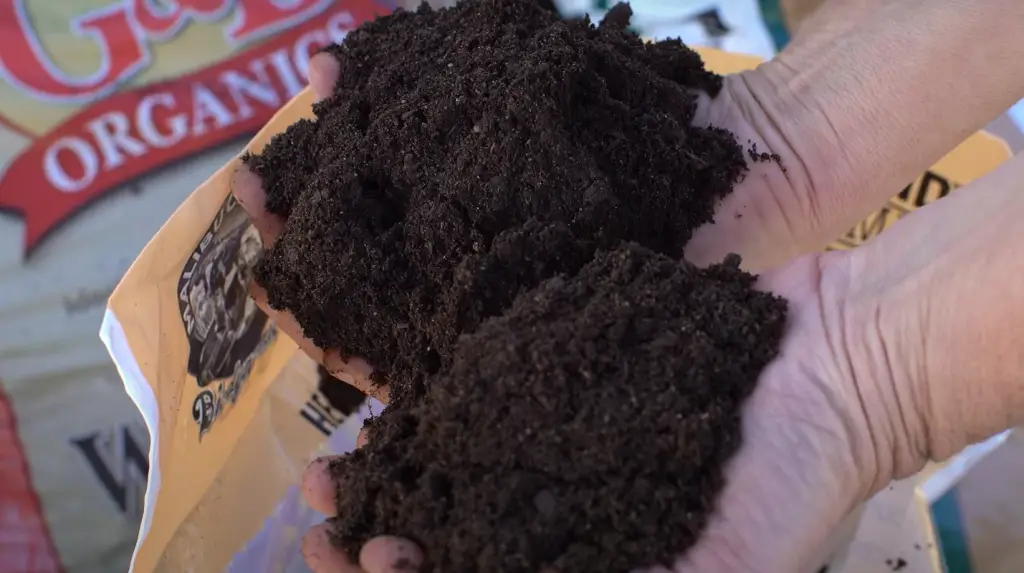
Mulch is the key to organic gardening. It can be made from a variety of materials, including bark or straw; it’s there for your plants’ protection and moisture retention needs. [1]
The Organic Challenge
An organic garden is one that avoids the use of synthetic fertilizers, pesticides, and other chemicals. This can be a challenge because it means you have to be more proactive about preventing problems and solving them when they arise.
However, many people find that the rewards are worth the effort. Not only do you get to enjoy fresh, healthy food from your own backyard, but you also help the environment by doing so.
If you’re thinking about starting your own organic garden, here are a few things you should keep in mind:
- To be successful, you need to start with healthy soil. This means adding organic matter like compost or manure and making sure the pH is in the right range.
- You also need to choose plants that are well-suited to your climate and soil type. If you’re not sure what will work in your area, ask a local nursery or Cooperative Extension office for recommendations.
- Pests and diseases are always a concern in any garden, but they can be especially difficult to deal with organically.
- That’s why it’s important to start with strong, healthy plants. You can also take steps to prevent problems, such as rotating your crops and using row covers. [1]
Organic Fertilizers
Organic gardens are so much healthier and happier when they have been well cared for. This includes fertilizing the soil with an organic fertilizer, which can be done several different ways!
There are a lot of different types of housing available. If you’re not sure what type is best for you, there might be something perfect waiting just in front. Here are a few of the most popular types of organic fertilizer:
Compost is a great way to add nutrients and improve soil structure. It is made out of organic matter such as leaves or kitchen scraps. The mixture is combined with moist earth so that it all blends together well.
Manure is another common type of organic fertilizer. It’s made from the waste of farm animals, such as cows and chickens. Manure can be fresh (known as “green manure”) or aged (composted).
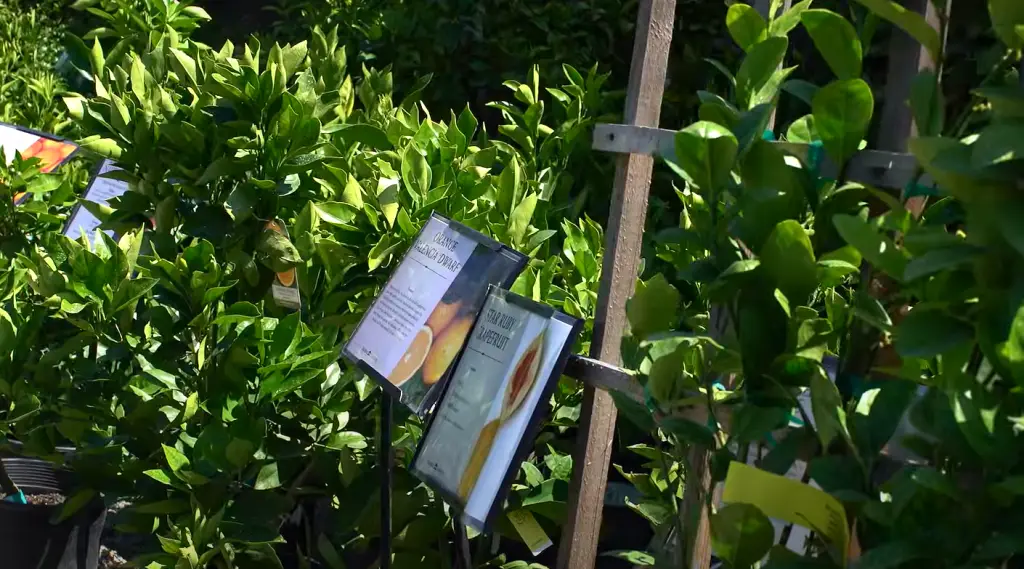
Compost is a great way to introduce nutrients into the soil and make it more fertile. You should apply manure to your plants after you have planted the seeds. The manure will give the plants the minerals they need to grow.
If too much enters at once, it could kill the plants. [1]Natural Pest Control
This is an important part of organic gardening. You want to make sure that you are using products which won’t harm your plants or the environment, and will only kill off any pests present in this way! There are many natural pest control options available, such as:
- Neem oil
- Diatomaceous earth
- Cayenne pepper spray
- Garlic spray
- Companion planting
Each of these options has its own advantages and disadvantages. You will need to do your research before deciding which one is right for you. You may even want to try a few different natural pest control methods to see what works best in your garden.
In general, organic gardening is all about working with nature, instead of against it. If you use natural pest control methods, you can avoid harming the good insects in your garden. This will create a more sustainable ecosystem.
One final note on pest control: be sure to take action as soon as you see pests in your garden. Addressing the problem as soon as you notice it is the best way to get rid of the pests and keep them from coming back.
Various Benefits of Organic Gardening
Organic gardening is not only environmentally friendly, but it can also provide you with a number of benefits. For instance, organic gardening can help you:
- Save money on expensive fertilizers and pesticides.
- Grow healthier plants that are less likely to be affected by pests and diseases.
- Enjoy fresher fruits and vegetables that are free of harmful chemicals.
- Reduce your carbon footprint. [2]
Reduces the Amount of Pesticides
Organic gardens are not only better for your health, but they also help reduce the amount of pesticides in the environment. Pesticides can pollute waterways and harm wildlife, so by growing organic fruits and vegetables, you’re doing your part to protect the planet. Plus, you’ll get to enjoy pesticide-free produce that tastes better and is better for you.
Helps In Conserving the Environment
Organic gardening is an ancient practice that relies on techniques like crop rotation, green manure and compost. There are more and more ways to get rid of pests that don’t involve chemicals. Methods like beneficial insects or natural enemies can be very effective.
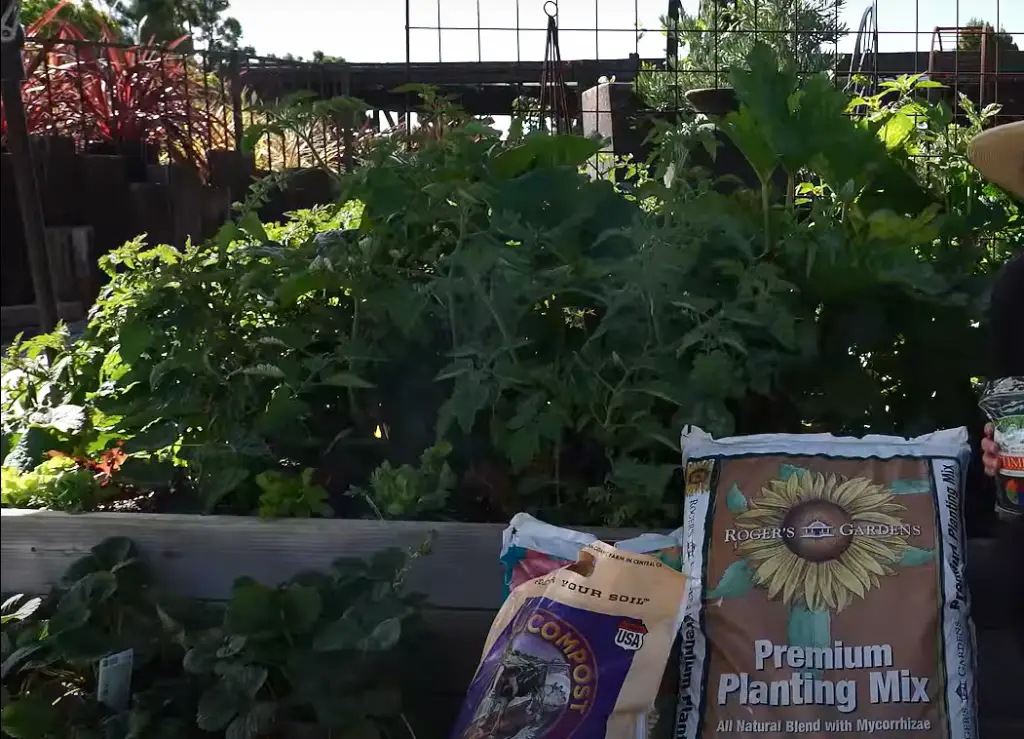
The use of synthetic pesticides and herbicides is not allowed in organic gardening- which means that farmers must find other ways to deal with pests. This can often make their produce seem more environmentally friendly than conventional farming practices!
The use of GMOs in farming has been highly debated for years, but organic farmers avoid them altogether. GMOs are plant or animal species whose genetic makeup was changed through a process that is not natural. This can cause problems with the health of these plants or animals in the future.
When you grow your own food, not only are there fewer demands on resources like water and land but also less pollution. For example, organic farmers avoid using synthetic fertilizers because they can have harmful side effects for both the soil quality and people’s health. [2]
Reduces Greenhouse Gas Emissions
Synthetic fertilizer is a significant source of greenhouse gasses because it’s produced using natural gas.
This is because there will be less chemical fertilizer going into the environment and creating waste. You can also save money.When you garden organically, your plants are healthier and more sustainable than if you used chemicals. Organic plants also don’t end up in our water systems where they can cause pollution.
People sometimes find it hard to stop using harmful chemicals like pesticides or fertilizers on their lawn. But once they see how much better it is to garden without any artificial inputs, they will make the switch easily. Not only does this improve soil quality and air quality, but it also helps wildlife.
Better Taste
Organic fruits and vegetables simply taste better than their conventionally-grown counterparts. This is likely because the plants are grown using sustainable methods that allow them to mature at their own pace, which results in a more flavorful product.
Additionally, organic produce is often fresher since it doesn’t have to travel as far to get to your plate. Fruits and vegetables that are grown locally and in season will always taste the best, but organic produce is the next best thing.
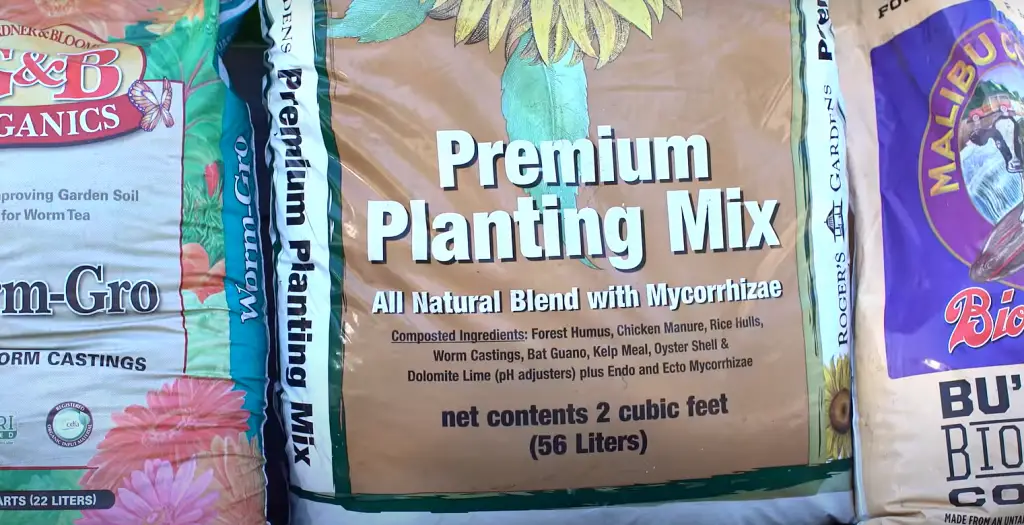
Organic farmers also use traditional breeding techniques to create new varieties of fruits and vegetables that taste better than what you would find in a grocery store. If you’re looking for the best-tasting produce, buying organic is a good bet.
Of course, the taste of fruits and vegetables is subjective. Some people prefer the taste of conventionally-grown produce, and that’s okay. But if you’re looking for the best flavor, organic is the way to go. [2]
Saves Money
An organic garden is a more affordable option in the long run, as you are not spending money on things like pesticides and other chemicals. Additionally, you won’t have to deal with the cost of water or soil amendments. Even though starting an organic garden may have a higher upfront cost, it will save you money in the long run.
Another reason to switch to an organic garden is the impact it will have on the environment. By not using harsh chemicals, you are doing your part to reduce pollution and protect the planet. Additionally, organic gardens require less water, which is a valuable resource. [2]
FAQ
What Does It Mean to Grow an Organic Garden?
Organic gardening is a way of growing plants that uses minimal amounts of synthetic inputs such as pesticides and fertilizers. Some people think that it is possible to produce food without hurting the environment or your health by using organic farming methods. But there are some drawbacks to this way of farming which you should know about before making any final decisions.
The best way to garden organically is by following the practices of composting, mulching and crop rotation. Avoid using genetically modified seeds or plants as well as synthetic pesticides/fertilizers which can harm your ecosystem in an unnatural way!
Growing your own food is a great way to get fresh, organic produce. You can choose how much land you want for this project. You can choose to have one pot on the patio with tomatoes or have an entire backyard full of vines.
Growing your own food organically can provide you with fresh, healthy produce while also helping to protect the environment. Sustainability is a way of living that protects the environment. It feels good to do things in a sustainable way.
What is an Organic Garden?
Gardens are great places to get away from it all and spend time with your family. Organic gardening lets you have a productive yard while also helping to keep the natural balance in our world. Organic gardening uses natural processes instead of harmful synthetic pesticides or herbicides.
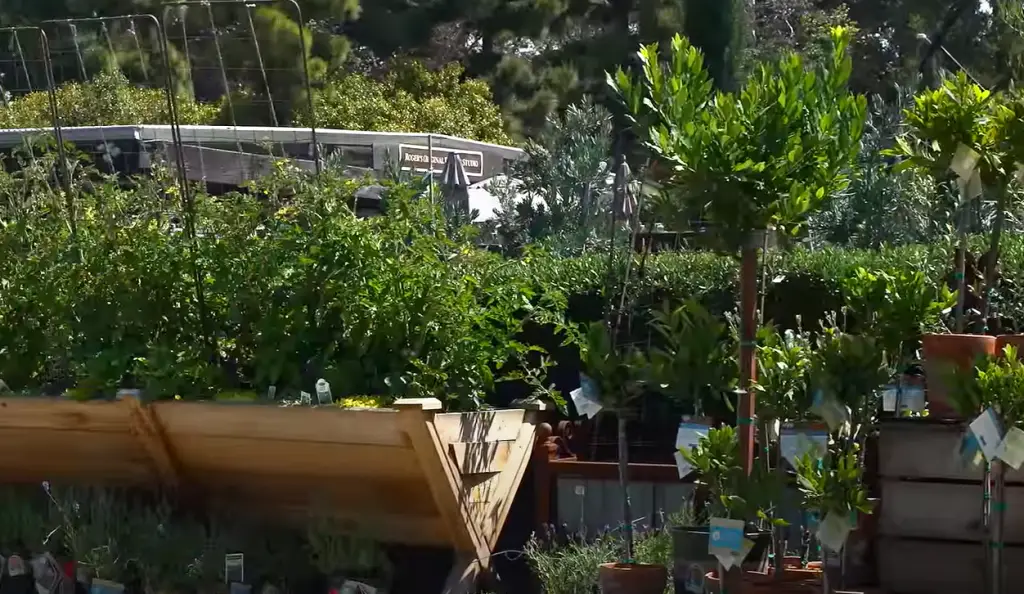
The popularity of organic gardens is on the rise as people become more aware that good food needs to be grown naturally. Whether you’re an urban dweller or ruralite, there’s no shortage for space in which your very own garden can thrive!
With the recent pollution in our air, water and soil it is more important than ever to grow organic food. Synthetic pesticides can harm both humans as well as animals who eat them so that’s why I’m going all out for this garden!
Another benefit of organic gardening is that it is often more cost-effective than traditional gardening. If you use synthetic products, you will have to keep buying them year after year. However, when you use organic methods, you can often reuse materials from your garden, or find them for free.
Organic gardening can also improve your health. When you eat the fruits and vegetables from an organic garden, they’re free of harmful chemicals that could cause cancer or other diseases in some cases.
How Does an Organic Garden Differ From a Regular Garden?
An organic garden has many benefits over a regular one. An organic garden means that the gardener only uses natural products. This way, there is no runoff or leaching into groundwater supplies.
It will also be better for the environment since you will not have any harmful chemicals near your home! Not only will your health improve with all of those healthy ingredients, but the health of the town around you will as well! What could be better than that?
Synthetic chemicals can be harmful to the ecosystem of a garden, leading it towards imbalance. This is why organic gardens have more diversity. Beneficial insects and microbes can thrive without being killed by synthetic pesticides or fertilizers.
How Do You Make Organic Gardening?
In order to create an organic garden, you need to compost, add organic matter and mulch. Through these practices we can build healthy soil full of nutrient-rich matters like nitrates which will help us grow great produce!
Organic gardening is all about using the right planting techniques to create a strong and healthy ecosystem for your plants. There are several ways to make your garden more successful.
One way is to mix certain crops next door to each other. This will help keep pests away or help the plants grow better together. For example, tomatoes grow well near basil because that spice helps keep away bugs. Plus, it makes an excellent cooking herb too!
Organic gardens are not only better for the environment, but they also produce healthier plants. If you’re looking to start your own organic garden this year, our free article can give you all the information you need.
To start your own organic garden, you will need:
- A plot of land that gets at least six hours of sunlight a day
- Organic seeds or seedlings
- Organic compost
- Organic fertilizer
- Mulch
- Water
The best way to have a successful garden is by having the right supplies and planning out what you want. Make sure that you add organic matter to your soil before planting. This will help the soil retain moisture and keep weeds from growing. You can also use mulch to help keep the soil healthy.
Organic gardening has the potential to be more sustainable than traditional methods, but it’s still worth doing. Not only will your garden help feed you and cleanse air quality in a fun new way; with our guide (and some hard work), anyone can grow their own healthy food!
Does Organic Soil Have Fertilizer?
Yes, organic soil often contains fertilizer. This is because organic matter such as compost or manure can be used as a natural source of nutrients for plants. However, it is important to note that not all organic fertilizers are created equal. Some may be more beneficial for certain plants than others. As such, it is important to do your research to figure out which organic fertilizer will be best for your garden.
In general, organic fertilizers are slower-acting than chemical fertilizers. This is because they need to be broken down by microorganisms in the soil before plants can access them. However, this also means that they provide a longer-lasting source of nutrients for plants. Additionally, organic fertilizers can improve the structure and drainage of your soil over time.
If you are interested in using organic fertilizer for your garden, there are a few things to keep in mind.
- First, you will need to reapply it more frequently than chemical fertilizer.
- Second, it is important to choose an organic fertilizer that is right for your plants.
- And lastly, organic fertilizers can be expensive. However, many gardeners believe that the benefits of using organic fertilizer outweigh the cost.
Useful Video: Gardening 101 Series | What is an Organic Garden? with Dalia Brunner
Conclusion
If you are looking for an environmentally friendly and healthy way to garden, organic gardening may be the perfect choice for you. Organic gardens use natural methods to care for plants and control pests, which means there is no need for synthetic chemicals or fertilizers.
Not only is organic gardening good for your plants, it’s also great for the environment and your own health! Have you started an organic garden yet? What tips would you add?
References:
- https://pender.ces.ncsu.edu/2014/04/what-is-organic-gardening-2/
- https://www.conserve-energy-future.com/start-an-organic-garden.php





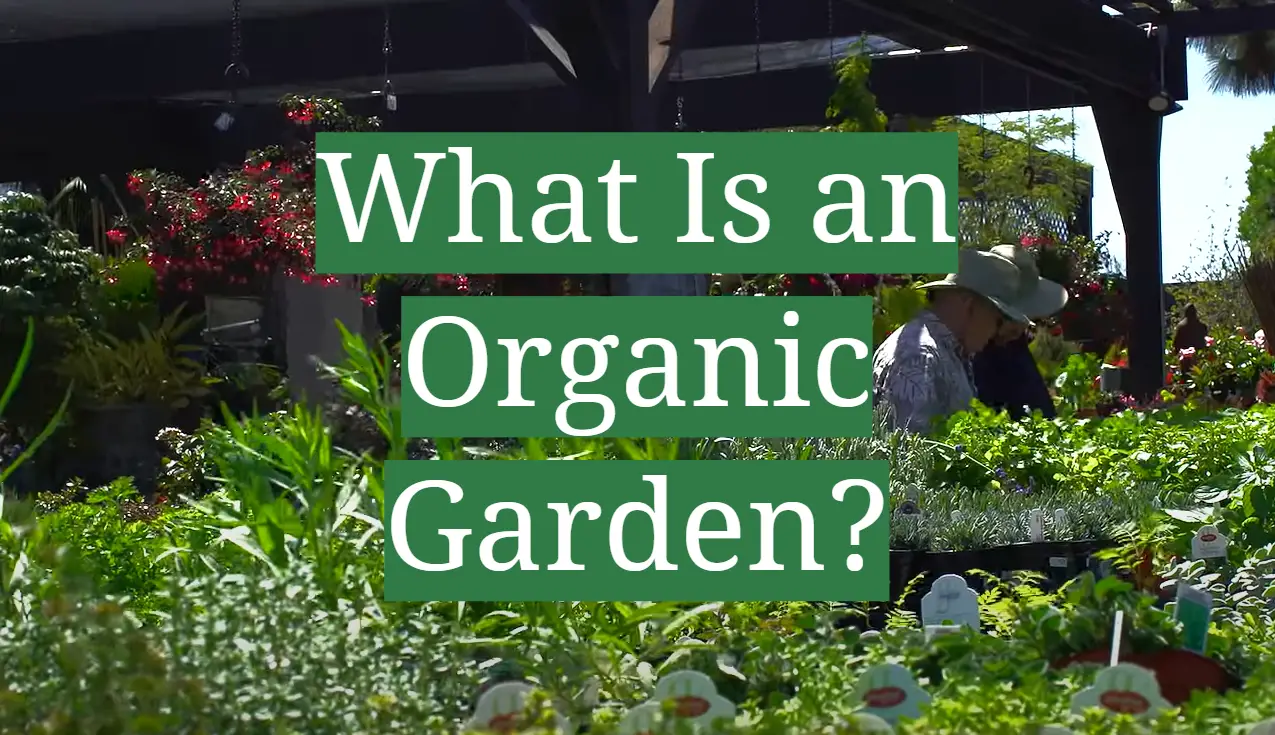
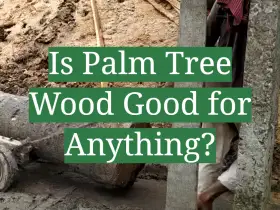
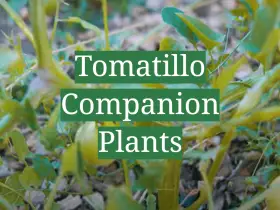
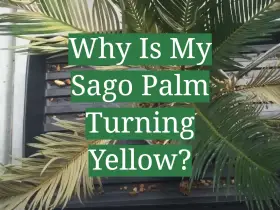
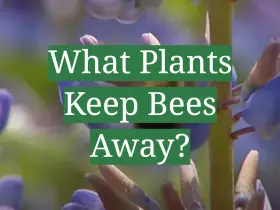
Leave a Reply
View Comments